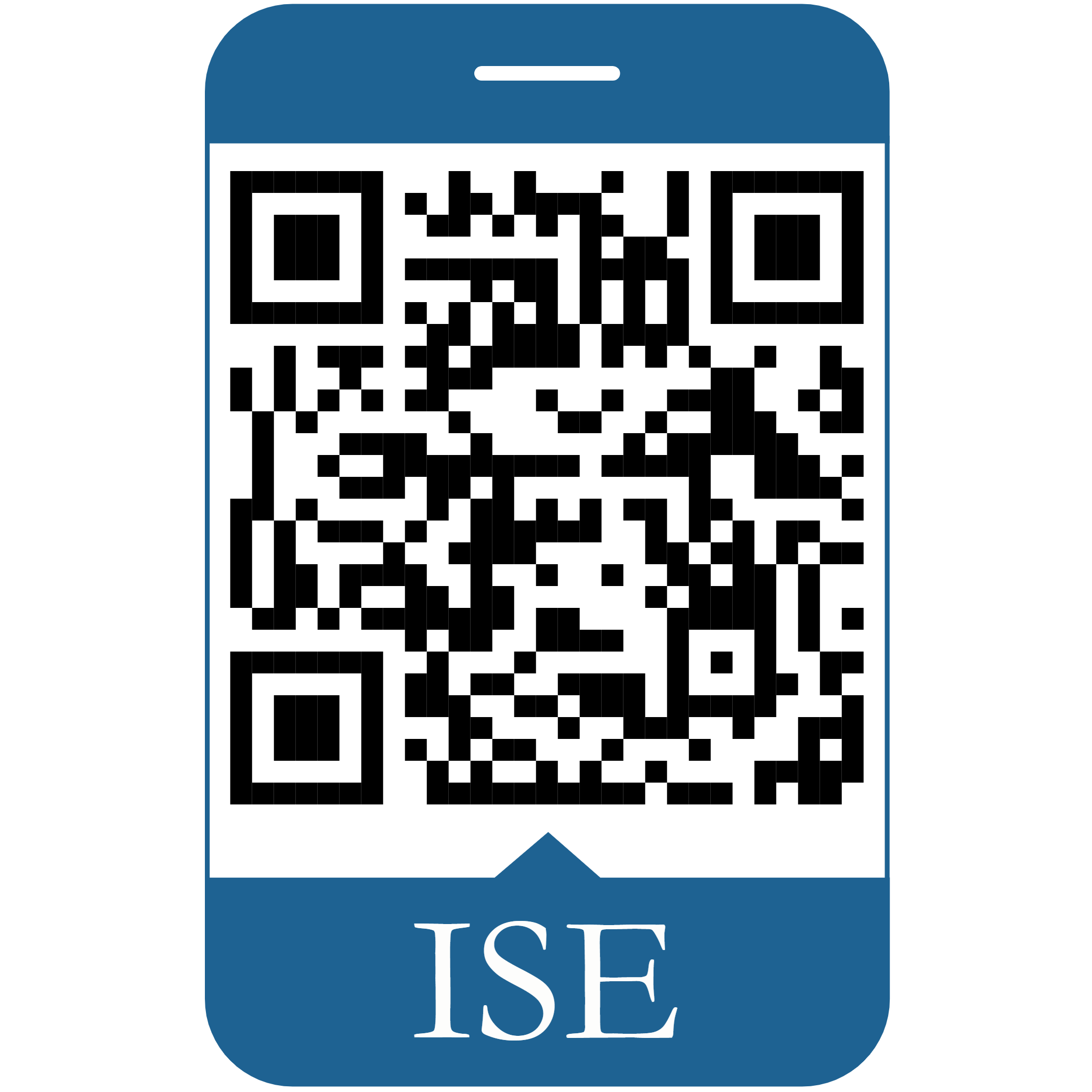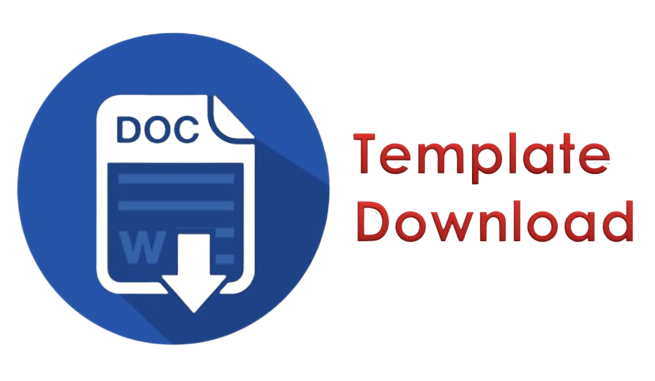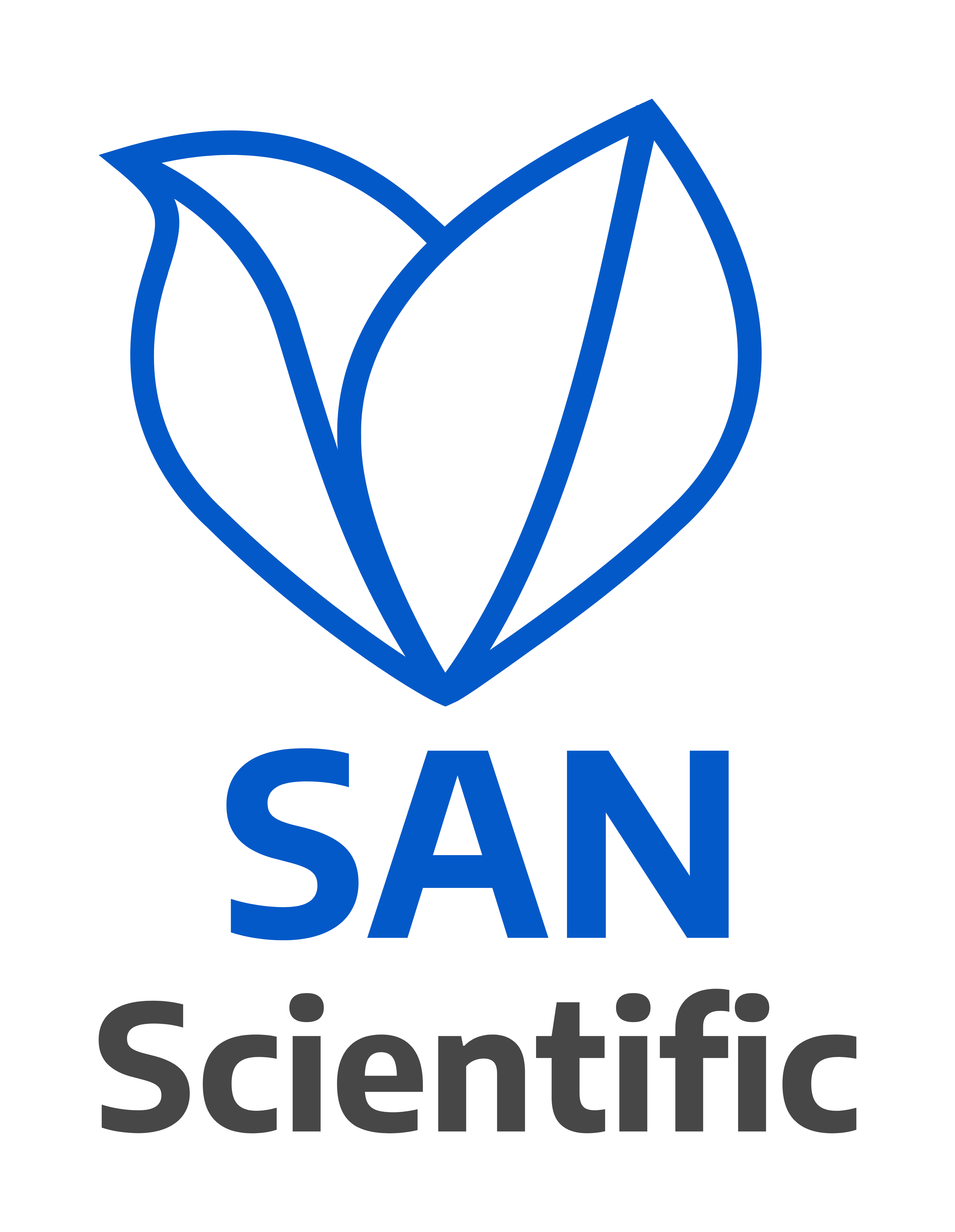An Integrated Operations Management System for Enhancing Administrative Efficiency in Ghana's District Assemblies
DOI:
https://doi.org/10.58777/ise.v2i2.348Keywords:
Software Development, Office Automation, System Architecture, Remote WorkingAbstract
The COVID-19 pandemic, driven by the SARS-CoV-2 virus, necessitated an unprecedented shift to remote work, revealing critical gaps in digital infrastructures capable of maintaining organizational operations. This challenge was particularly pronounced in district assemblies in Ghana, where traditional, paper-based workflows impeded the transition to remote environments, heightening operational vulnerabilities. Despite the World Health Organization (WHO) downgrading COVID-19 as a Public Health Emergency of International Concern (PHEIC), the global ramifications of the virus and potential for future pandemics underscore the need for resilient, adaptable digital solutions. This paper presents an online integrated business operation management system tailored for district assemblies in Ghana. The system was developed using the Rapid Application Development (RAD) methodology, facilitating rapid, iterative deployment and user-centric design. Technologies such as HTML, CSS, and PHP were utilized for the front-end, while MySQL ensured secure and efficient back-end data management. The approach helped to digitize core administrative processes and transition from paper-based operations to streamlined electronic workflows. The implemented system successfully digitalized essential administrative workflows, improving operational continuity and efficiency. By replacing conventional procedures with robust electronic processes, the system provides a sustainable framework for enhanced functionality in public sector management. Furthermore, it strengthens organizational preparedness for future disruptions, ensuring resilience in remote and hybrid work contexts. The scope of this research is limited to district assemblies in Ghana, which may constrain the generalizability of the findings to other administrative contexts or geographical regions. Further studies could explore customization for broader governmental structures and assess long-term impacts on service delivery and user satisfaction. This paper presents a novel application of digital transformation principles within the public sector, addressing a critical gap in e-governance solutions for district assemblies in Ghana. By integrating user-focused design and scalable technology, the proposed system not only meets current administrative demands but also positions district assemblies for enhanced functionality and resilience in the face of future challenges.
References
Brodeur, A., Gray, D., Islam, A., & Bhuiyan, S. J. (2020). A literature review of the economics of COVID-19. IZA Institute of Labor Economics, Discussion Paper Series, IZA DP No. 13411.
Davenport, T. H. (2018). The rise of robotic process automation. MIT Sloan Management Review, 59(4), 39–48.
Fang, Y., Chau, A. K. C., Wong, A., Fung, H. H., & Woo, J. (2017). Information and communicative technology use enhances psychological well-being of older adults: the roles of age, social connectedness, and frailty status. Aging & Mental Health, 22(11), 1516–1524. https://doi.org/10.1080/13607863.2017.1358354
Foss, K., Laursen, R., Pedersen, C., & Petersen, M. H. (2018). Linking customer interaction and innovation: The mediating role of new organizational practices. Organization Science, 29(6), 1052–1070.
Geddes, L. (2023). COVID-19 is no longer a Public Health Emergency of International Concern. Does this mean the pandemic is over? Gavi. Retrieved from https://www.gavi.org/vaccineswork/COVID-19-no-longer-public-health-emergency-international-concern-does-mean-pandemic?gclid=Cj0KCQjw4s-kBhDqARIsAN-ipH3az6VXkg3bb6tXIBHhvSB1vL6AC4aHlpFshPGGFRiT3oVeUIejTRIaAlp-EALw_wcB
GIZ. (2020). Digital administration: Autonomy at the push of a button. Retrieved from https://www.giz.de/en/workingwithgiz/90294.html
Jha, P., Brown, P. E., & Ansumana, R. (2022). Counting the global COVID-19 dead. The Lancet, 399(10339), 1937–1938. https://doi.org/10.1016/S0140-6736(22)00845-5
Local Government Service. (2023). Performance Contract – 2023.
Mohiuddin M., Matei, M., Al-Azad, S. & Su, Z. (2022). ICTs in Knowledge Sharing and Organization Culture: Case Study of a Center for Continuing Education," International Journal of Knowledge Management (IJKM), IGI Global, vol. 18(1), pages 1-19, January.
Nimrod, G. (2020). Technostress in a hostile world: older internet users before and during the COVID-19 pandemic. Aging & Mental Health, 26(3), 526–533. https://doi.org/10.1080/13607863.2020.1861213
Owusu, A. B., Yiran, G. A. B., Afagbedzi, S. K., & Takyi, E. (2023). District-level analysis of socio-demographic factors and COVID-19 infections in Greater Accra and Ashanti regions, Ghana. Frontiers in Public Health, 11. https://doi.org/10.3389/fpubh.2023.1140108
Sommerville, I. (2016). Software Engineering (10th ed.). Pearson Education Limited.
Thoradeniya, T., & Jayasinghe, S. (2021). COVID-19 and future pandemics: A global systems approach and relevance to SDGs. Globalization and Health, 17(1), 1–10.
Pagliaro, M. (2020). Enhancing the use of e-mail in scientific research and in the academy. Heliyon, 6(1), e03087. doi:10.1016/ j.heliyon.2019.e03087
Upoalkpajor, J.-L. N., & Upoalkpajor, C. B. (2020). The impact of COVID-19 on education in Ghana. Asian Journal of Education and Social Studies, 9(1), 23–33. https://doi.org/10.9734/ajess/2020/v9i130238
World Health Organization. (2020). WHO Director-General’s opening remarks at the media briefing on COVID-19 - 11 March 2020. Retrieved from https://www.who.int/director-general/speeches/detail/who- director-general-s-opening-remarks-at-the-media-briefing-on-COVID-19---11-march-2020
Downloads
Published
How to Cite
Issue
Section
Copyright (c) 2024 Edem Bankas, Philip Brown

This work is licensed under a CC Attribution-ShareAlike 4.0
 Views: 114
|
Views: 114
|
 Downloaded: 39
Downloaded: 39











